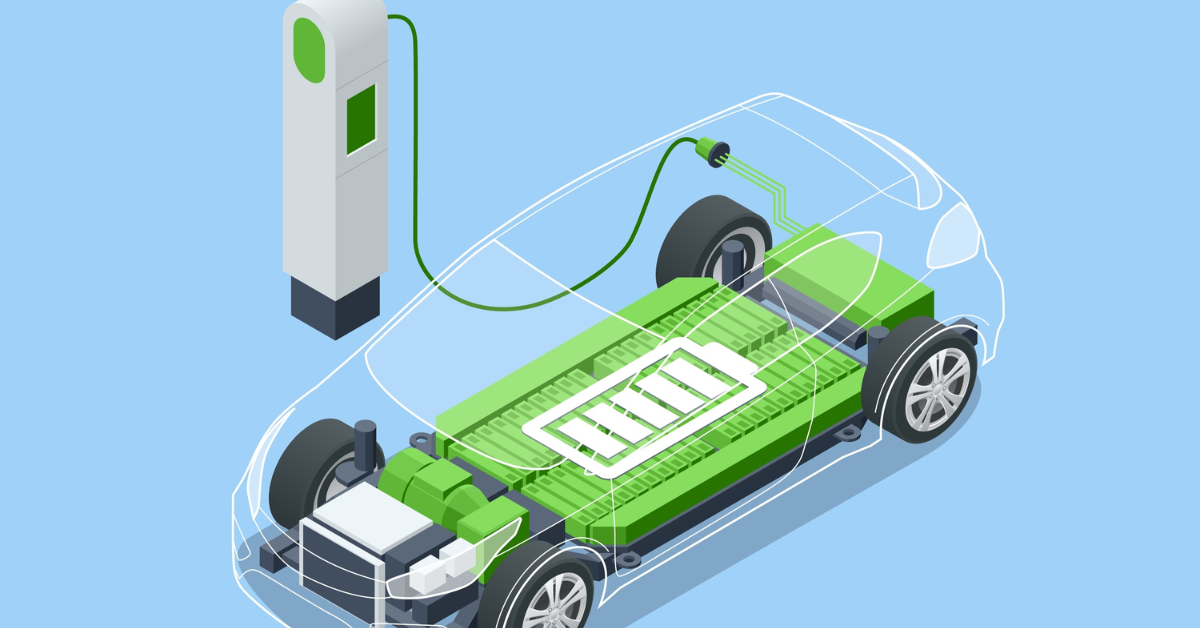The Ministry of Road Transport and Highways is mandating the amended AIS 156 and AIS 038 Rev.2 standards for different electric vehicle (EV) categories from the next month
These amendments include additional safety requirements related to battery cells, BMS, on-board charger, design of battery pack, thermal propagation due to internal cell short circuit leading to fire
The ministry has also issued draft notification GSR 659 (E) dated August 25, 2022, to amend Sub-rule 4 of Rule 124 of Central Motor Vehicles Rule (CMVR) 1989
The Ministry of Road Transport and Highways has issued a statement on Thursday (September 1) saying that the additional safety requirements recommended in the existing battery safety standards would come into effect from October 1, 2022.
The ministry is mandating the amended AIS 156 and AIS 038 Rev.2 standards for different electric vehicle (EV) categories from next month and the notification for the same is already in progress, the statement said.
Following the multiple fire incidents involving several EV players, the government had formed an expert committee helmed by Tata Narsingh Rao, director of International Advanced Research Centre for Powder Metallurgy and New Materials (ARCI), Hyderabad. He was given the responsibility to advise additional battery safety requirements in the existing safety standards, being notified under the Central Motor Vehicles (CMV) Rules.
The committee has been constituted with experts and scientists from the Defence Research and Development Organisation (DRDO), Indian Institute of Science (IISc), Bengaluru, and other institutions.
Based on the expert committee’s recommendations, the ministry then notified changes to AIS 156 and AIS 038 Rev. 2 on August 29.
Amendment 2 to AIS 156 is for specific requirements for L category motor vehicles, the ones with less than four wheels and quadricycles, with electric power trains.
Amendment 2 to AIS 038 Rev. 2 is for specific requirements for electric power trains of M and N category motor vehicles, the ones with at least four wheels used for carrying passengers and the ones with at least four wheels used for carrying goods but may carry both persons and goods.
“These amendments include additional safety requirements related to battery cells, BMS (Battery Management System), on-board charger, design of battery pack, thermal propagation due to internal cell short circuit leading to fire etc.,” the ministry’s statement said.
There were reports last month about the possibility of the central government coming out with new standards for EV batteries within a month’s time.
Minister of State for Heavy Industries Krishan Pal Gurjar had also informed the Lok Sabha about forming an expert committee with independent experts from DRDO, IISc, Bengaluru, and Naval Science & Technological Laboratory (NSTL), Visakhapatnam to tackle the safety-related recent issues of EVs.
As per the latest statement from the Ministry of Road Transport and Highways, it has also issued draft notification GSR 659 (E) dated August 25, 2022, to amend Sub-rule 4 of Rule 124 of Central Motor Vehicles Rule (CMVR) 1989, for mandating Conformity of Production (COP) for traction batteries used in electric power train vehicles. The proposed regulation will be applicable with effect from October 1, 2022.
The ministry has sought comments and suggestions from all the stakeholders within thirty days.
EV Fire Incidents And Govt Measures
EV fire incidents across India had shot up this summer and electric two-wheeler manufacturers such as Ola Electric, Okinawa Autotech, Jitendra EV, Pure EV, among others, whose names got involved in such incidents, were blamed for using low-quality batteries, lack of research and development as per Indian conditions.
The immediate reaction from the government was to ask these manufacturers to voluntarily recall their vehicles involved in such incidents.
As per the government data, Ola Electric, Okinawa, and Pure EV had recalled a total of 6,656 EVs. However, the total count must be over 7,000 as other manufacturers had also joined the list.
To ensure battery safety, the Bureau of Indian Standards (BIS) released the performance standards for EV batteries in India in June.
In July, road transport minister Nitin Gadkari confirmed issuing show cause notices to the EV manufacturers involved in fire incidents. Latest report says that the government is planning to impose monetary penalties for using unsafe batteries in vehicles.
Meanwhile, electric two-wheeler demand is on a rise. As per Vahan data, the registrations crossed the 50,000 mark in August for the first time since March this year.
Electric two-wheeler sales in the country could jump to 78% of the total two-wheeler sales by 2030, helped by government policies, infrastructure, technology, and consumer acceptance, a recent Redseer report said.










